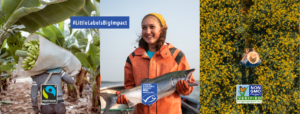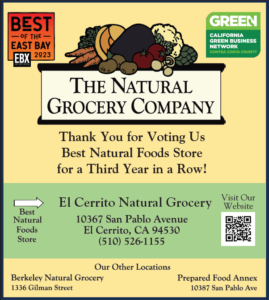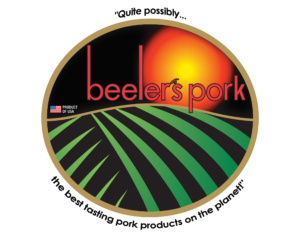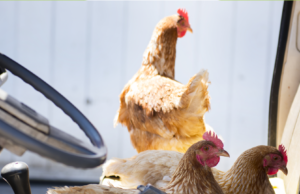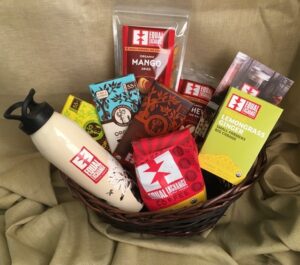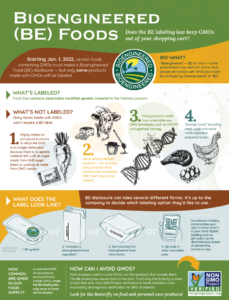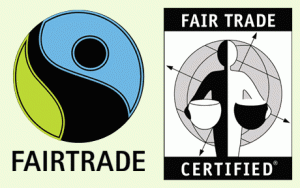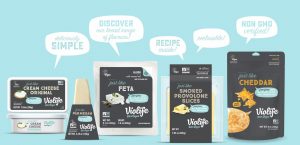You may notice some new signs on shelves throughout the store, and we want to make sure you know what they mean.
The Everyday signs showcase staples at everyday low prices. You can count on these high-quality essentials at an affordable price that means you can get them, well … every day if you want to! This program is one part of our broader efforts to make sure good food is accessible to all. With organic and non-GMO options, these are items you can feel good about buying and eating.
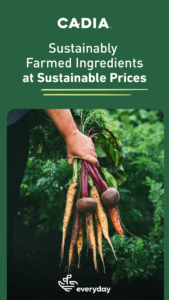 We know that eating healthy foods can sometimes feel like a luxury – especially if you’re on a tight budget. But with Everyday, you can shop with confidence, knowing that you’re getting the best value for your money. We believe that healthy eating should be accessible to everyone, and we’re committed to making that a reality.
We know that eating healthy foods can sometimes feel like a luxury – especially if you’re on a tight budget. But with Everyday, you can shop with confidence, knowing that you’re getting the best value for your money. We believe that healthy eating should be accessible to everyone, and we’re committed to making that a reality.
Taking part in the Cadia Everyday Program allows us to offer even lower prices to our customers on select Cadia items. We have lowered the prices on 95 Cadia items throughout the stores. Each item will be signed at the shelf to let shoppers know it’s an everyday deal. These prices will not change for at least three months. After three months, our suppliers may adjust some as necessary and then another three-month cycle will begin.
So why wait? Head to our stores today and start saving on all your grocery essentials. From frozen fruits and vegetables to snacks and pantry staples, we’ve got everything you need to eat well and feel great – at prices you’ll love.
At The Natural Grocery Company, we’re passionate about natural and organic food, and we’re excited to help you make healthy eating a part of your everyday routine. So come on in, shop around, and enjoy the benefits of new Everyday Program. We can’t wait to see you!



